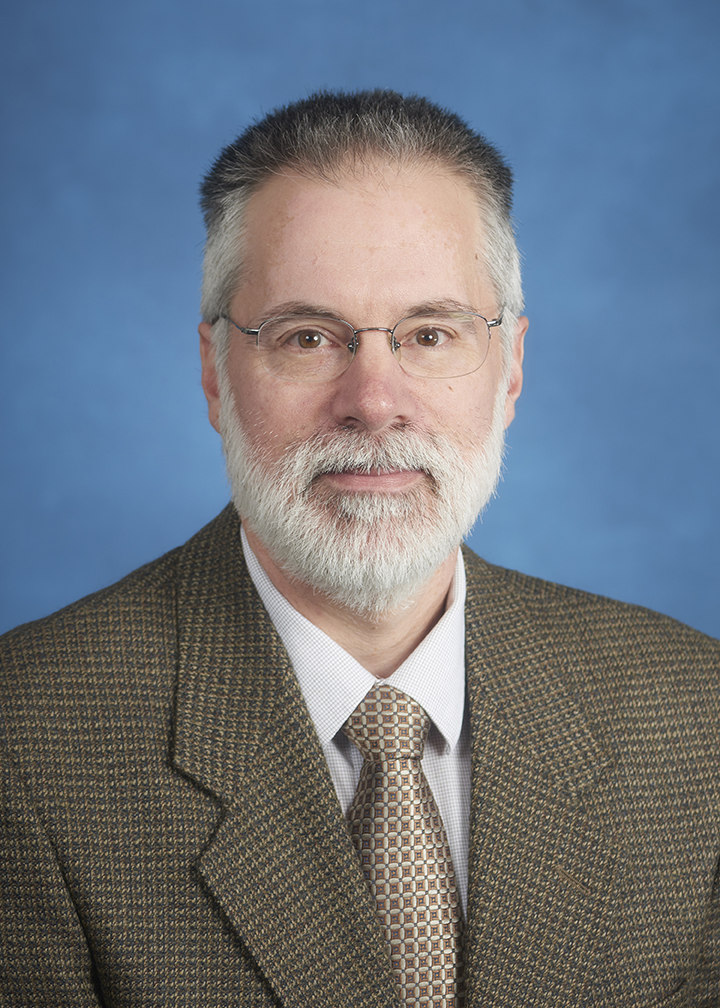The Politics and economics of globalization and social change in radical adult education
Abstract
Holst, J. D. (2007). The politics and economics of globalization and social change in radical adult education: A critical review of recent literature. Journal for Critical Education Policy Studies, 5(1), 258-287.
Throughout most of the decade of the 1990s, it was widely held that radical politics were, if not outright dead, at least, in near fatal crisis. At the beginning of the decade, marking 10 years of Reaganism-Thatcherism, the European socialist camp was quickly disintegrating. Socialist movements in power or on the verge of power in Central America were in retreat. Neoliberal structural adjustment programs were the norm for the Third World as welfare states were dismantled in the First World. Postmodernism, that was more than anything else an attack on Marxism, was all the rage in academia. In 1992, Francis Fukuyama’s The End of History and the Last Man declared the world to be forever capitalist, as many leftists and Marxist were finishing their journey from neo-Marxism, to Post-Marxism and on to anti-Marxism. The field of adult education, with its progressive tradition, was not immune to this retreat from traditional left politics. Jane Thompson’s (1993) ironic and sad “open letter to whoever’s left” captured the sense of defeat among radical adult educators.
Abstract
Holst, J. D. (2007). The politics and economics of globalization and social change in radical adult education: A critical review of recent literature. Journal for Critical Education Policy Studies, 5(1), 258-287.
Throughout most of the decade of the 1990s, it was widely held that radical politics were, if not outright dead, at least, in near fatal crisis. At the beginning of the decade, marking 10 years of Reaganism-Thatcherism, the European socialist camp was quickly disintegrating. Socialist movements in power or on the verge of power in Central America were in retreat. Neoliberal structural adjustment programs were the norm for the Third World as welfare states were dismantled in the First World. Postmodernism, that was more than anything else an attack on Marxism, was all the rage in academia. In 1992, Francis Fukuyama’s The End of History and the Last Man declared the world to be forever capitalist, as many leftists and Marxist were finishing their journey from neo-Marxism, to Post-Marxism and on to anti-Marxism. The field of adult education, with its progressive tradition, was not immune to this retreat from traditional left politics. Jane Thompson’s (1993) ironic and sad “open letter to whoever’s left” captured the sense of defeat among radical adult educators.
